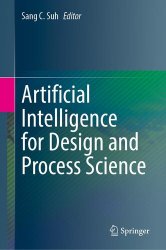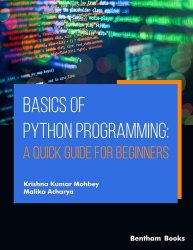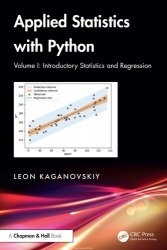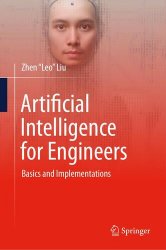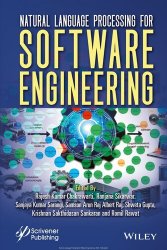 Название
Название: Natural Language Processing for Software Engineering
Автор: Rajesh Kumar Chakrawarti, Ranjana Sikarwar, Sanjaya Kumar Sarangi, Samson Arun Raj Albert Raj
Издательство: Wiley-Scrivener
Год: 2025
Страниц: 525
Язык: английский
Формат: pdf (true)
Размер: 55.5 MB
The book’s goal is to discuss the most current trends in applying natural language processing (NLP) approaches. It makes the case that these areas will continue to develop and merit contributions. The book focusses on software development that is based on visual modelling, is object-orientated, and is one of the most significant development paradigms today. To reduce issues throughout the documentation process, there are still a few considerations to make. To assist developers in their documentation tasks, a few aids have been developed. To aid with the documentation process, a variety of related tools (such as assistants) may be made using Natural Language Processing (NLP). The book is focused on software development and operation using data mining, informatics, Big Data analytics, Artificial Intelligence (AI), Machine Learning (ML), digital image processing, the Internet of Things (IoT), cloud computing, computer vision, cyber security, Industry 4.0, and health informatics domains.


